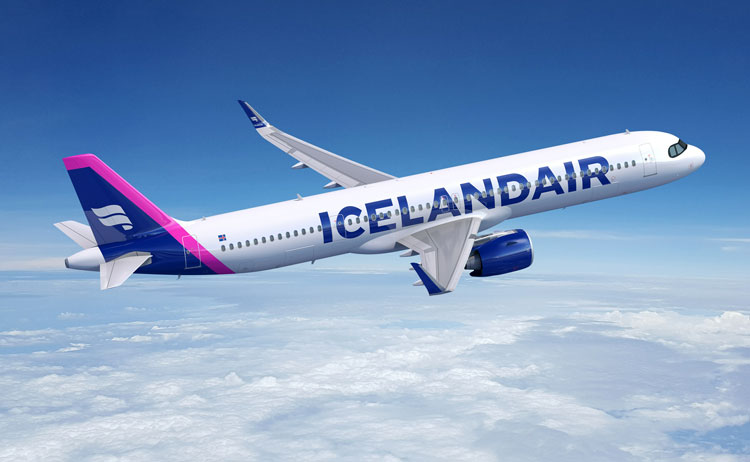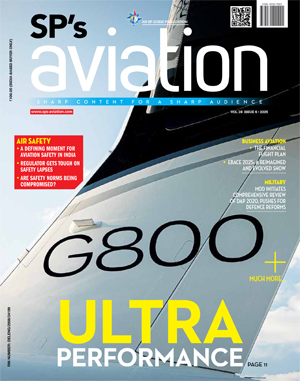INDIAN ARMED FORCES CHIEFS ON OUR RELENTLESS AND FOCUSED PUBLISHING EFFORTS

The insightful articles, inspiring narrations and analytical perspectives presented by the Editorial Team, establish an alluring connect with the reader. My compliments and best wishes to SP Guide Publications.

"Over the past 60 years, the growth of SP Guide Publications has mirrored the rising stature of Indian Navy. Its well-researched and informative magazines on Defence and Aerospace sector have served to shape an educated opinion of our military personnel, policy makers and the public alike. I wish SP's Publication team continued success, fair winds and following seas in all future endeavour!"

Since, its inception in 1964, SP Guide Publications has consistently demonstrated commitment to high-quality journalism in the aerospace and defence sectors, earning a well-deserved reputation as Asia's largest media house in this domain. I wish SP Guide Publications continued success in its pursuit of excellence.
- Prime Minister Modi Visits Punjab’s Adampur Air Base, Interacts with Airmen after Successful ‘Operation Sindoor’; Stern Message to Pakistan
- The layered Air Defence systems that worked superbly, the key element of Operation Sindoor
- Operation Sindoor | Day 2 DGMOs Briefing
- Operation Sindoor: Resolute yet Restrained
- India's Operation Sindoor Sends a Clear Message to Terror and the World – ‘ZERO TOLERANCE’
- Japan and India set forth a defence cooperation consultancy framework, talks on tank and jet engines
Icelandair selects RTX's Pratt & Whitney GTF™ engines to power up to 35 Airbus A320neo family aircraft
Airline also selects EngineWise® maintenance long-term agreement

Pratt & Whitney, an RTX business, today announced that Icelandair has selected GTF engines to power up to 35 new Airbus A320neo family aircraft, comprising a mix of leased and purchased A321XLR and A321LR aircraft. With this order, Icelandair becomes a first-time GTF customer. The airline has also selected an EngineWise® agreement for the long-term maintenance, repair and overhaul of its GTF engines. Pratt & Whitney will provide support to facilitate smooth entry into service and long-term operation of the engines.
"With these GTF-powered A321XLR and A321LR aircraft, Icelandair and Pratt & Whitney are renewing a relationship, which started more than 80 years ago," said Rick Deurloo, president of Commercial Engines at Pratt & Whitney. "These engines and aircraft are well-suited to serve Icelandair's growing transatlantic network, while delivering industry-leading fuel efficiency and low CO2 emissions."
Founded in 1937, Icelandair's route network centers around the unique location of Iceland midway between North America and Europe, connecting a number of destinations to and from Iceland as well as across the Atlantic. The airline started operating aircraft powered by Pratt & Whitney Wasp engines in the 1940s. In the 1960s the airline adopted Pratt & Whitney turbojet and turbofan-powered aircraft, including the Boeing 727 and Douglas DC-8 and later the 767-300ER. Icelandair currently operates DHC Dash 8 aircraft powered by Pratt & Whitney Canada PW100 and PW150 engines.
"With these GTF engines, we will maximize the range and efficiency of our new Airbus aircraft," said Bogi Nils Bogason, president and CEO, Icelandair. "Furthermore, the GTF engines will help us reduce fuel consumption and carbon emissions by up to 30% per seat, compared to the 757s they will replace, which will support business and environmental objectives at the same time. We expect our passengers to experience the initial A321LRs starting in 2025, and the first A321XLR beginning in 2029."





